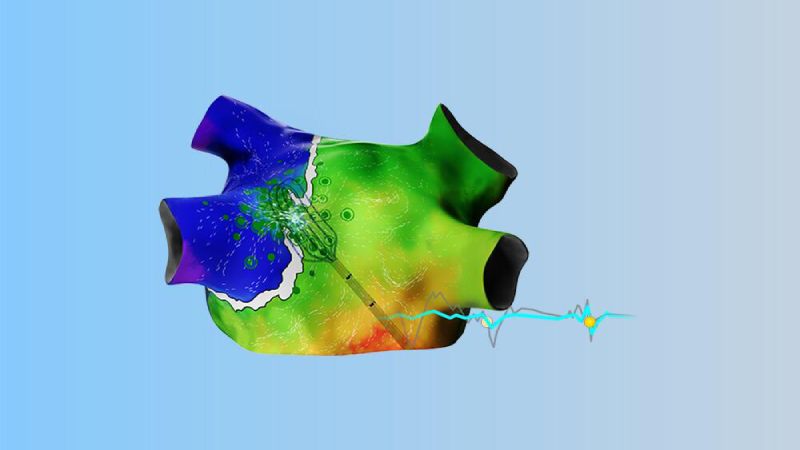Technology
“Become Contagious”: Tech Layoffs In the midst of AI investments

Technology
Google’s Isomorphic Labs Unveils AlphaFold 3, AI that Predicts Structures of Life’s Molecules
Technology
Phone.com Launches AI-Connect, a Cutting-Edge Conversational AI Service
Technology
Biosense Webster Unveils AI-Driven Heart Mapping Technology
-

 Business4 weeks ago
Business4 weeks agoArtificial Intelligence’s Function in Changing Worker Engagement in the Digital Age
-

 Entertainment4 weeks ago
Entertainment4 weeks agoVictoria Team: Setting the Standard of Resilience and Innovation for Miss Supranational 2024
-

 Business3 weeks ago
Business3 weeks agoA positive mindset, steering positive financial change, meet Oz Clement Knight
-

 Business3 weeks ago
Business3 weeks agoLenovo and US Semiconductor Behemoths Collaborate on AI PCs
-

 Business3 weeks ago
Business3 weeks agoDell Unveils AI-Enabled Laptops and Workstations for Indian Enterprises
-

 Technology4 weeks ago
Technology4 weeks agoBiden, Kishida Secure Support from Amazon and Nvidia for $50 Million Joint AI Research Program
-

 Technology3 weeks ago
Technology3 weeks agoLlama 3, a Dedicated AI Web Portal, is Announced by Meta
-

 Technology2 weeks ago
Technology2 weeks agoAI Features of the Google Pixel 8a Leaked before the Device’s Planned Release















